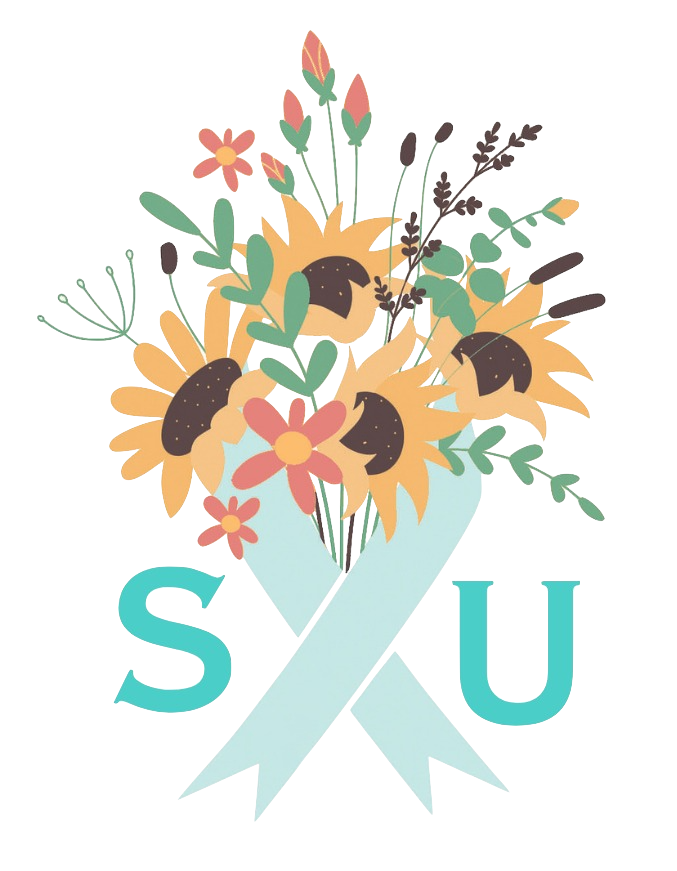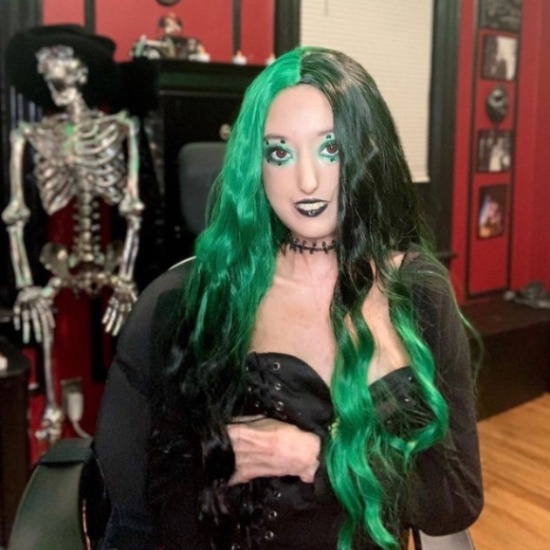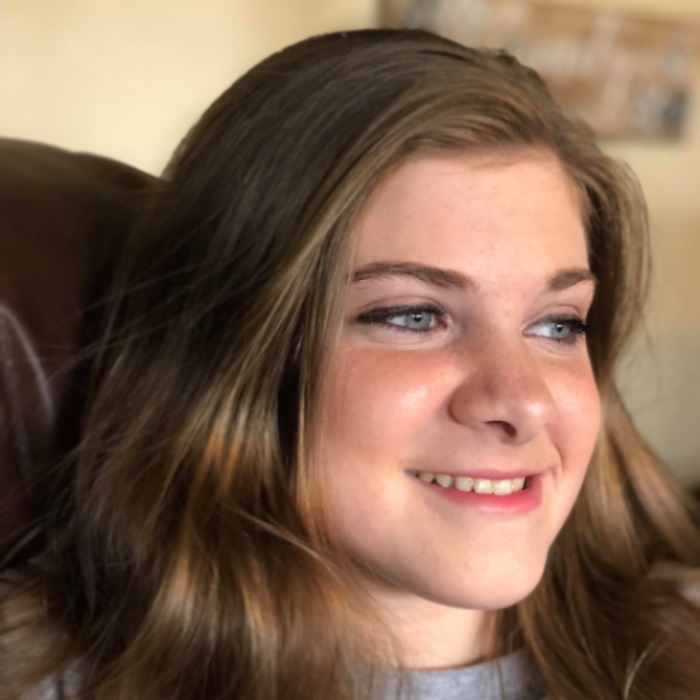Buffalo, New York (United States)
AMY GIETZEN
Scleroderma Stories Issue 2
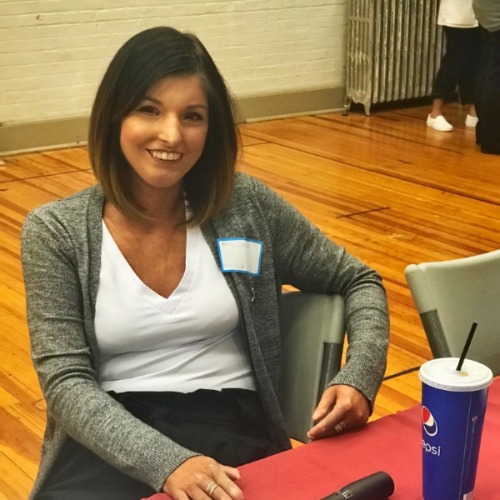
Please introduce yourself
I’m a middle child with an older sister and a younger brother. I live in upstate New York with my parents. My family is everything to me.
My hobbies are painting and quilting. Of course, my #1 passion is being an advocate and speaking out about scleroderma and raising awareness in any way possible.
I have a best friend that I have known since grade school who is an amazing person in my life. I babysit her beautiful kiddos twice a week, and I love those babies to bits!

When were you diagnosed with scleroderma, and what led to your diagnosis?
As a teen, I was working at a nursing home when I started to feel wrist and elbow pain. My fingers had always been big and puffy, but they were sore, and I noticed they turned blue when I was cold or stressed!
That went on for about a year before I finally, with my parents’ guidance, made an appointment with an orthopedic surgeon to get checked. He was the one who looked at me and said, “you have scleroderma!” Get your affairs in order and work as long as you can! It’s terminal!
That was the day my life completely changed on February 15, 2001.

How did you react to this?
My first reaction was kind of blank. I had no idea how even to pronounce this disease, let alone know what it was.
Through a ton of research and after five years of seeing doctors who had no idea what to do with me, I ended up at a hospital five hours from my home in Pittsburgh. They had a specialist who had 40 plus years of experience, and I desperately wanted answers and some form of treatment. He and his team of researchers and medical professionals gave me just that.
I had found my first glimmer of hope in this movie reel of despair. I finally got answers, and even though some of the answers weren’t necessarily definitive, it was a start. I was still overwhelmed and angry that this disease took over my whole life, including my goals and future dreams. I went from shock to outright furious in the first five years.
I want to say my anger faded quickly, but it didn’t. It took me a long time to come to grips with my new reality and how I felt, looked, and how my body worked. I had to learn myself from the inside out all over again, and it was not easy.

As a 19-year-old, what did scleroderma change about your lifestyle?
It changed EVERYTHING! My body wouldn’t let me do many things I was used to doing and things I enjoyed. I loved dancing, but I was stiff all the time after diagnosis, and it became difficult for me to move without being in pain. I coached softball and eventually had to quit because I couldn’t participate in practices.
Even small things like tying my shoelaces and buttoning my shirts became quite tricky. My hands and fingers started to contract and curl inwards. It got so bad that I had to undergo several surgeries to straighten my fingers out so I could better use them.
Before I got sick, I wore little to no face makeup. I had very clear, blemish-free skin. It seemed almost overnight that my skin, not just on my face but all over my body, started to have red blotches all over it. I was covered from head to toe! I learned later that the red blotches were called telangiectasias, and they were broken capillaries, a consequence of scleroderma. Still, it was a prominent embarrassing feature that I now had to live with. People would see me as a complete stranger and would ask if I had an allergy or if I had been in a fire.
It made me feel singled out and like I was so unattractive. It did a significant number on my self-esteem for sure.

Is there anything that has helped you overcome this effect on your confidence?
It has taken me some time to be okay with all of the physical changes scleroderma has placed on me.
I think the biggest thing is being okay with who you are, and the one thing that has helped me the most in achieving that is my family. They accept and love me unconditionally and know that, despite any physical symptoms I may have, I’m still me, and I’m breathing each day, and they and I are grateful for that.
Trusting that I am enough makes me feel that my imperfections are beautiful.
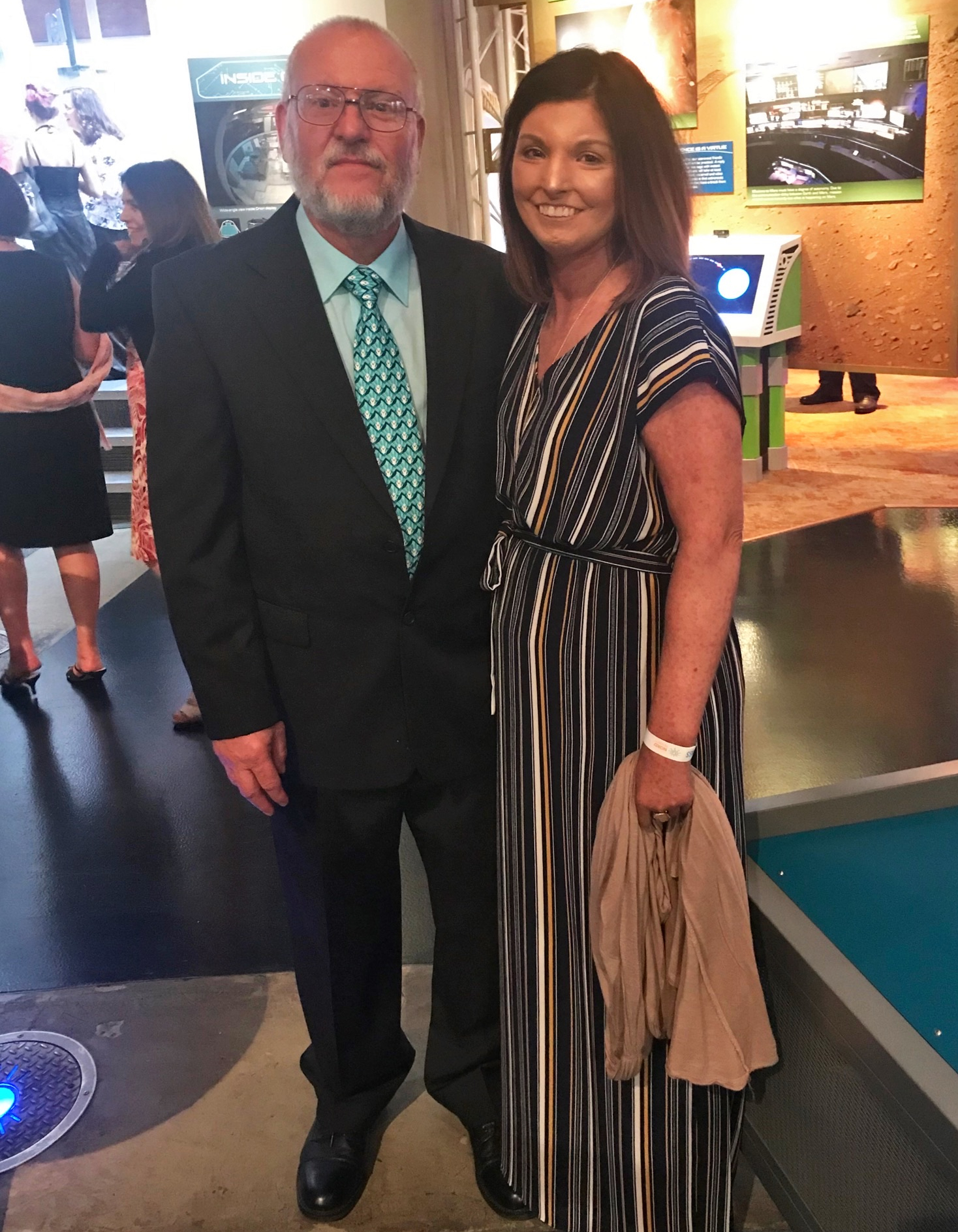
Do you have any advice for those living with scleroderma or other chronic illnesses?
Be your own advocate! You need to know exactly what is happening to your body and the best course of action. So, do as much educational work up as you can. You live with it daily, so you are yourself the best person to judge how you are feeling. It is definitely good to know the ins and outs of your disease.
Lastly, do not take no for an answer. Keep fighting to get the answers you want and you must feel comfortable with your team and treatment plan! If you are not sure about something, ASK.
It is your right as a patient to be given the answers or, as close as they can get to the answer. Fight for your life. It is the only one you have!

Be sure to follow us on Instagram and Facebook (@sclerounited) to see more scleroderma warriors’ journeys in our weekly Sclero Sunday series.
Are you a scleroderma warrior? We’d love to interview you for Scleroderma Stories! Please visit tinyurl.com/share-my-sclero-story or email us at contact@sclerounited.us
